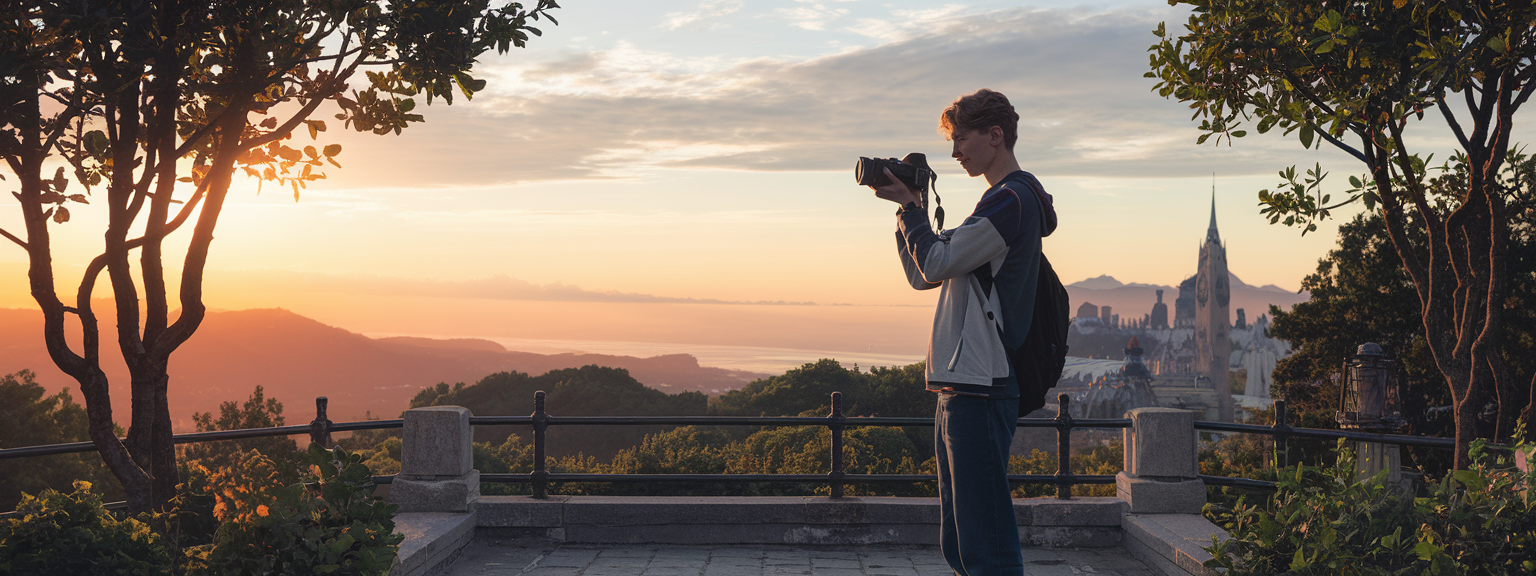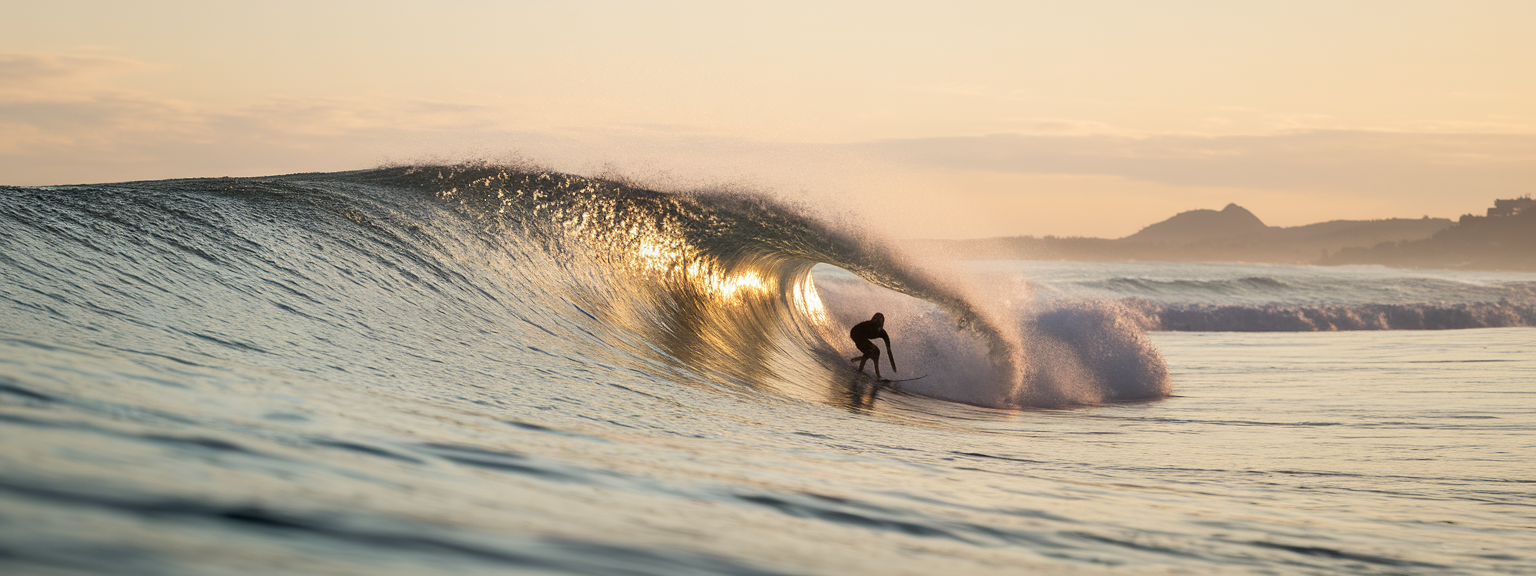Best Travel Photography Tips to Capture Stunning Moments
Traveling gives us the chance to see the world in new ways, and with the right travel photography tips, we can capture memories that last a lifetime. Yet, many travelers struggle with blurry images, harsh lighting, or dull compositions that don’t do justice to the amazing experiences they’re having. This travel photography guide will equip you with practical photo tips, composition techniques, camera gear strategies, and the most effective ways to adjust travel camera settings so you always return home with breathtaking photos.
📍Must-See Attractions
Framing Iconic Landmarks
Photographing world-famous landmarks is a must, but simple snapshots often feel underwhelming. Use wide-angle lenses for dramatic perspectives, especially with tall architecture like the Eiffel Tower or the Taj Mahal. Step back and incorporate foreground elements—trees, archways, or even passersby—to enhance depth and scale.
Lighting for Landscapes
Golden hour—the first hour after sunrise and the last before sunset—provides soft, warm lighting that enhances colors and details in landscapes. Plan your schedule around this natural advantage. For example, capturing the Grand Canyon at sunrise produces striking contrasts compared to harsh midday light.
Adding Human Scale
When photographing mountains, temples, or sprawling cities, include people in your frame. A lone traveler gazing at Machu Picchu adds perspective and emotion, transforming a majestic scene into a tangible story. Always think about how the human element can enhance your visual storytelling.
🎭 Local Culture & Experiences
Street Photography & Daily Life
Markets, performances, and daily rituals make for vibrant, dynamic shots. Capture interactions between locals, colorful stalls, or artisans at work. Move slowly, blend into the environment, and wait for natural moments to unfold before clicking the shutter.
Food Photography on the Go
Local dining is an essential cultural experience. Use natural light near windows or outdoor cafes to photograph meals. A shallow aperture (f/2.8–f/4) highlights textures like steam rising from noodles or spices on grilled kebabs. Get creative by capturing food being prepared rather than just plated dishes.
Respect and Cultural Etiquette
Always ask permission before photographing individuals, particularly in cultural or religious settings. Showing respect builds trust and ensures authentic images. Sometimes, a short conversation leads to more natural and welcoming photo opportunities.
🔑 Hidden Gems & Insider Tips
Finding the Unseen
While landmarks define a location, it’s the lesser-known alleys, cafes, and courtyards that capture its soul. Explore side streets early in the morning or join walking tours designed for locals rather than tourists. These hidden gems often offer candid moments with rich stories behind them.
Creative Composition Techniques
Use leading lines—like staircases or winding roads—to guide the viewer’s eye through your frame. Try framing subjects with doorways, windows, or natural arches. Experiment with reflections in puddles, mirrors, or glass for artistic imagery. These composition techniques add layers and intrigue to every shot.
The world’s hidden corners often provide some of the most memorable images, many of which become personal favorites for travelers. Be patient, stay observant, and the photo opportunities will find you.
🗓️ Sample Itinerary or Day Plan
A Balanced Photographer’s Day
Structuring your day around lighting and activities improves your photo results. Here’s a sample schedule designed with both practicality and artistry in mind:
| Time | Activity | Photo Focus |
|---|---|---|
| 6:00 AM | Sunrise at a landmark | Golden hour landscapes |
| 10:00 AM | Local market | Street details & colors |
| 1:00 PM | Lunch | Food photography |
| 4:00 PM | Afternoon park stroll | Natural light portraits |
| 7:00 PM | Scenic viewpoint | Sunset panoramas |
This example itinerary can be customized depending on weather, cultural events, and your personal travel interests. The key is to align your photographic priorities with the natural rhythm of light throughout the day.
💡 Travel Tips Specific to the Destination
Choosing the Right Camera Gear
Lightweight gear is essential for travel. A compact mirrorless camera paired with a versatile zoom lens works for most situations. Don’t forget essentials like an ND filter for smoother waters, a portable tripod for night shots, and extra batteries for long days exploring.
Mastering Travel Camera Settings
Learn to quickly adjust ISO, aperture, and shutter speed to adapt to changing environments. For bustling night markets, raise ISO to handle low light. For portraits, use a wider aperture for blurred backgrounds that make subjects stand out. These travel photography techniques go a long way to improve every shot.
Respecting Local Etiquette
In some destinations, photographing religious ceremonies or cultural groups may be frowned upon. Do your research beforehand and always remain respectful. Sometimes putting the camera down and joining the moment is the best decision you can make.
Seasonal and Safety Considerations
Weather and seasonal festivals influence both safety and aesthetics. Rainy days can lead to stunning reflections and moodier photos, but always protect your gear with waterproof covers. In crowded places, secure your equipment and avoid displaying expensive gear in a way that could attract theft.
Bringing It All Together
Good travel photography blends creativity with preparation. By combining lighting awareness, composition techniques, camera gear choices, and cultural sensitivity, every journey offers opportunities to create photos that tell meaningful stories. Whether you’re using your smartphone or a professional setup, the key lies in being present, observant, and intentional with each shot.
The beauty of travel photography is that it captures not just places, but emotions and stories. With the right mindset, technical know-how, and curiosity, every destination can become a gallery of stunning visual memories waiting to be shared.
“`


![[Houston International Food Platter] [Vibrant platter of global dishes showcasing Houston international food]](https://roamwriters.com/wp-content/uploads/2025/11/houston-international-food-bold-flavors.png)
![[Cultural Etiquette International Meeting] [Colleagues exchanging greetings in an international office demonstrating Cultural Etiquette]](https://roamwriters.com/wp-content/uploads/2025/11/cultural-etiquette-international-meeting.png)

![[Travel Emergencies Response] [Traveler checking documents and phone for help after travel emergencies]](https://roamwriters.com/wp-content/uploads/2025/11/travel-emergencies-preparation-guide.png)